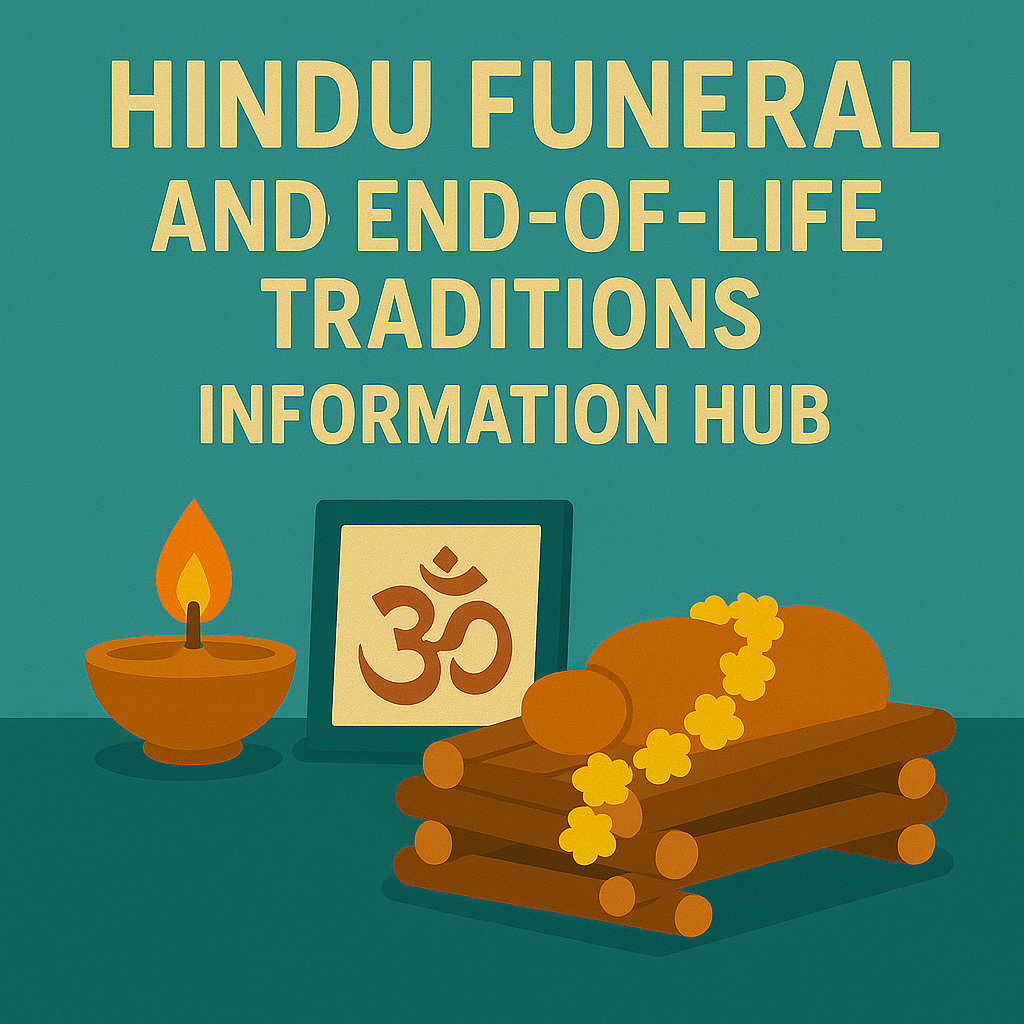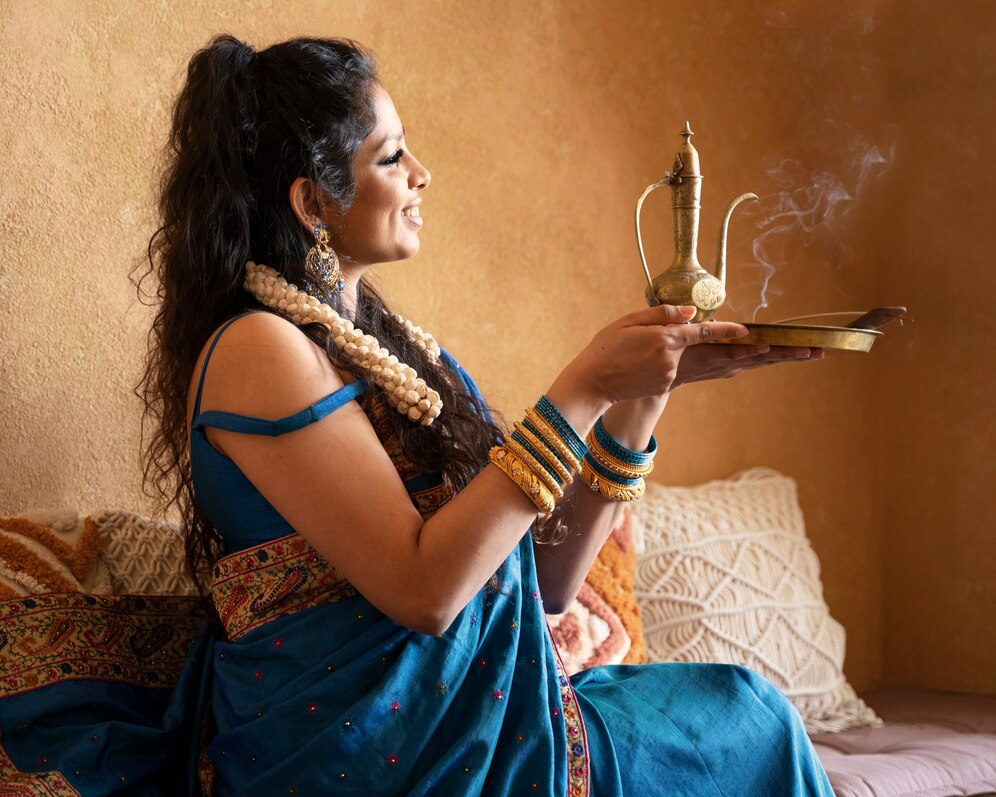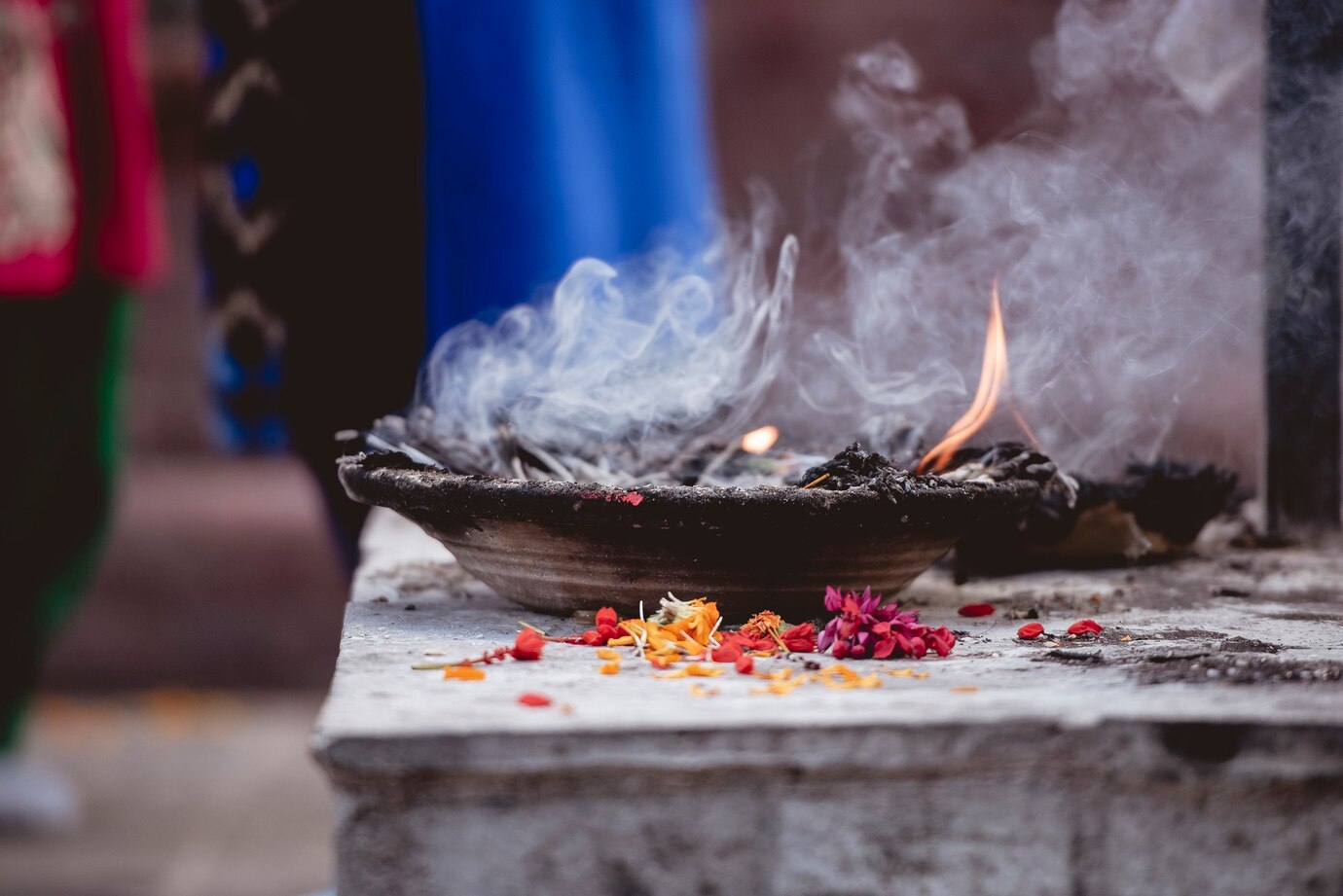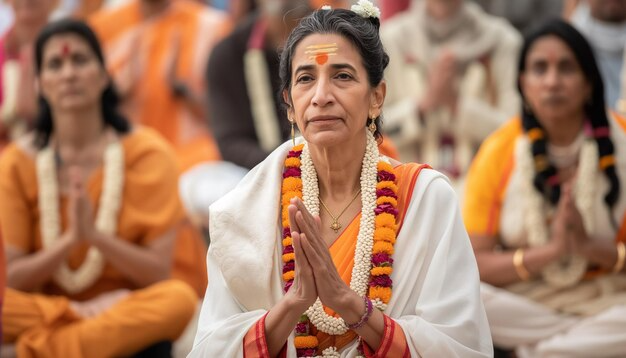In Hinduism, endings are sacred beginnings.
Hindu Funeral and End-of-Life traditions
Understanding and honoring Hindu funeral and end-of-life traditions is essential for providing comfort and respect to those who follow these practices. Rooted in centuries-old customs, these traditions offer a profound way to navigate the loss of a loved one, ensuring that the deceased are treated with dignity and that the grieving process is supported by the community.

Key Things To Know
Hindu end-of-life and funeral traditions reflect a deep spiritual focus on the soul’s journey after death, emphasizing purity, detachment, and honoring the cycle of life, death, and rebirth.
- Cremation is the most common practice: Hindus typically cremate the body to release the soul from its earthly form and help it transition to the next stage in its journey, known as moksha (liberation) or reincarnation.
- The body is treated with great care and ritual: Before cremation, the body is bathed, dressed in simple clothes, and adorned with sacred items such as sandalwood, flowers, or tulsi leaves.
- The eldest son or a male relative usually leads rituals: This person lights the funeral pyre or presses the button in a crematorium, symbolizing the family’s spiritual responsibility.
- A Hindu funeral is typically solemn and spiritually focused: Services may include chanting of mantras, readings from sacred texts like the Bhagavad Gita, and offerings of incense, rice, and ghee.
- Ceremonies may take place at home, in a temple, or at a cremation ground: Timing and format may vary based on regional traditions, family customs, or sect.
- Mourning continues after the cremation: Family members often observe a mourning period of 10 to 13 days, during which they perform daily rituals to support the soul’s journey and receive visitors.
- Ashes are typically immersed in sacred water: This often takes place at a river such as the Ganges or another body of water meaningful to the family’s heritage or beliefs.
- Hindu tradition views death as part of a larger cycle: Rather than an ending, it is seen as a transition. Rituals help guide the soul and offer comfort to the grieving.
- Shraddha ceremonies may be held annually or on significant days: These rituals honor the ancestor and keep their memory alive within the family and spiritual tradition.
- Customs vary widely by region and community: North and South Indian practices may differ, as do customs between sects. Families may blend traditional practices with modern needs while staying true to core beliefs.
Articles
Frequently Asked Questions
Disclaimer: The information provided on this website and by Buried in Work is for general informational purposes only and should not be considered legal advice. Please consult with a qualified attorney or subject matter expert for advice specific to your situation.




